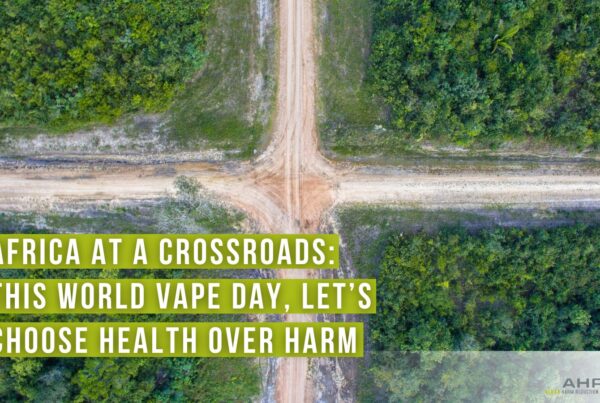Major new research that shows vaping is far less risky than smoking proves Africa is falling dangerously behind world leaders in the battle to reduce the toll from cigarettes.
In a study commissioned by the UK government, researchers at King’s College London have found vapes are significantly less harmful than smoking and have a better success rate than other methods of giving up cigarettes.
The largest ever review of its kind concludes that “the levels of exposure to cancer-causing and other toxicants are drastically lower in people who vape compared with those who smoke. Helping people switch from smoking to vaping should be considered a priority”.
This is yet more irrefutable evidence that any policymakers serious about reducing smoking-related deaths should be endorsing alternative nicotine products. Instead, these lifesaving innovations are either banned or taxed at absurd rates in many countries in Africa. This needs to change before we fall further behind in the fight to reduce tobacco’s immense toll.
It is the eighth successive time that research commissioned by the main public health body in England, the Office for Health Improvement and Disparities, has found that vaping is far less risky than smoking.
In the report, researchers expressed concern that “around two-thirds of adult smokers, who would really benefit from switching to vaping, don’t know that vaping is less harmful”.
It is essential that we educate people about the reduced risk of alternative products such as vapes and nicotine pouches.
Activists must not persist with the lie that says there’s no evidence of their favourable health impact on smokers wanting to quit. It has been consistently proven that switching to reduced-harm products can benefit population health. Africa’s policymakers should ensure these products are accessible to all smokers.
Click here to read more about tobacco harm reduction and access a large database of resources.

OTHER NEWS
Africa at a Crossroads: This World Vape Day, Let’s Choose Health Over Harm
Misleading the Public: How Traditional Tobacco Control Content Distorts the Facts
Related Posts
 Letter to the World Health Organization (WHO)
Letter to the World Health Organization (WHO)
Letter to the World Health Organization (WHO)
 Public Health implications of vaping in Germany
Public Health implications of vaping in Germany
Public Health implications of vaping in Germany
 Public Health implications of vaping in the United States of America
Public Health implications of vaping in the United States of America


